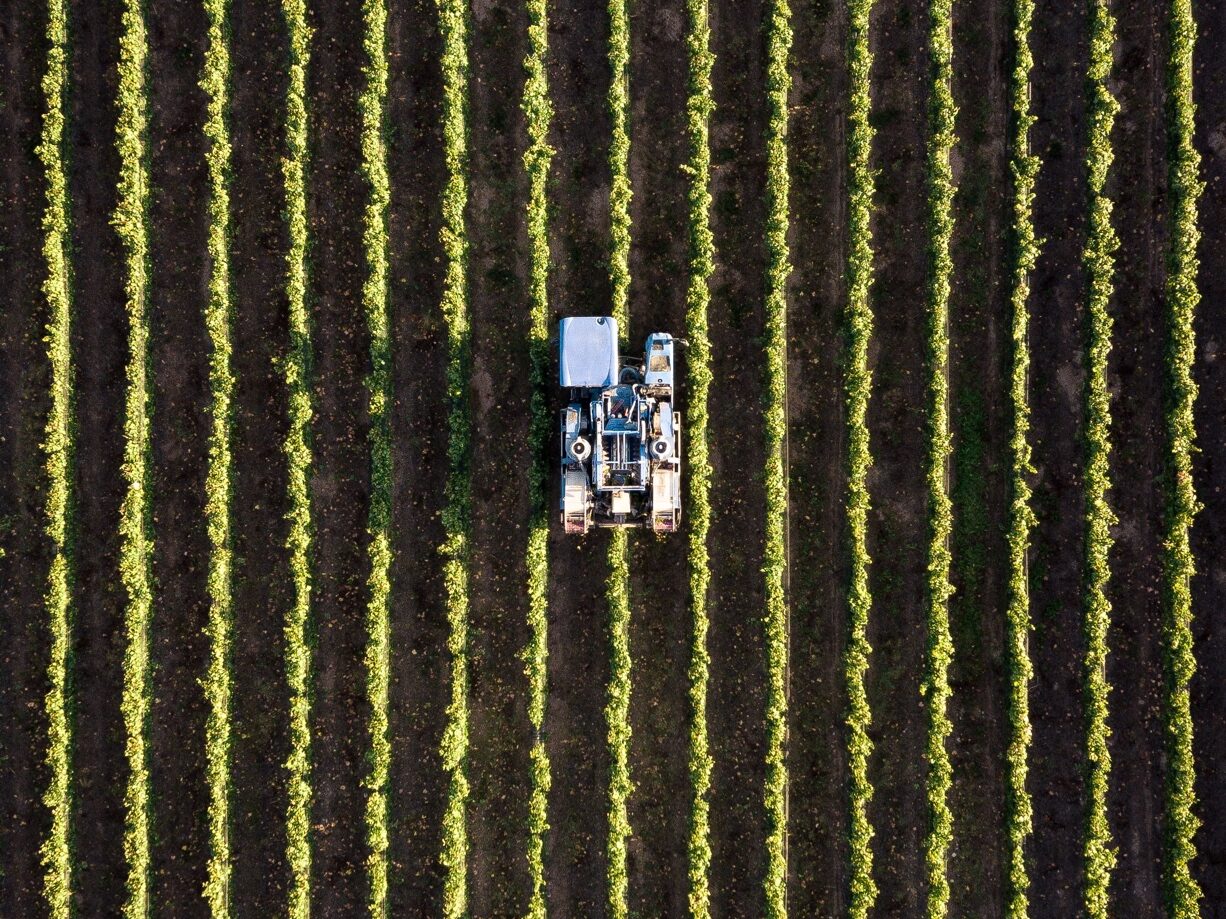
Every year, approximately 15,000 people work as seasonal harvesters on Austria’s fields. Many of them are from Eastern Europe with little or no knowledge of the German language. The workers usually only come to Austria for the summer and are unaware of their labour rights. This is what makes the industry vulnerable to labour exploitation.
THE LINKAGE BETWEEN LABOUR LAW AND AGRICULTURAL AID

Due to its international nature, labour exploitation and the fight against it has long been a central concern of the EU. In February of this year (2021), the Portuguese Presidency proposed that agricultural subsidies be linked to compliance with social and labour law. Agricultural aids are the largest item in the EU budget and amount to around 55 billion euros each year. They are currently being distributed to European farms according to the size of the cultivated area. Authorities and public institutions also receive a portion of these subsidies.
To put it simply, the proposal by the Portuguese President-in-Office means that farms that do not comply with occupational health and safety legislation will have their financial support reduced or even withdrawn. This would be a powerful incentive for farmers to pay and treat their employees appropriately. It would also send a strong signal: only honestly run companies receive tax money in the form of financial aid.
But our Austrian Agriculture Minister Elisabeth Köstinger rejected the initiative. According to her, the reform of the Common Agricultural Policy (CAP) is not the right framework to enforce social and labour law matters or to sanction violations. Köstinger also warned against distortion of competition. The counterproposal is the running of an information campaign and regular evaluation of the employment conditions under which the harvest workers must work. In addition to Austria, some other European countries also rejected the proposal.
LABOUR EXPLOITATION MUST NOT BE LEGITIMISED
The Platform Against Exploitation and Human Trafficking (which Hope for the Future is a part of) strongly critices the rejection of the Portuguese proposal. The information campaign would be a good start, but not enough. And her argument that this linkage might distort the competition is hard to follow. Punishing farmers (by reducing their subsidies) who enforce dumping prices with their illegal methods would be an important step towards fair competition. Human rights should never be sacrificed in favour of competition. Treating employees badly must not constitute a competitive advantage. The negotiations on the agricultural reform between the Council of Ministers, the EU Parliament and the EU Commission will continue until the end of the year (2021).
ARE THE UNCOVERED CASES OF HORRIFIC LABOUR LAW VIOLATIONS ISOLATED INCIDENTS OR IS THIS HAPPENING NATIONWIDE?

Despite strict legal regulations in Austria regarding payment and accommodation of harvest workers, there are still a lot of irregularities and injustices because these regulations are often not adhered to. The minimum gross hourly wage is around € 8 for hard field work. Accommodation should not cost more than € 40 per month, including meals not more than € 200. Due to poor pay, unpaid overtime and shabby accommodation, the agricultural produce can then be offered to food retailers more cheaply and quickly. However, this increases the pressure on family farms who pay their employees fairly because they then cannot deliver at the same dumping prices.
Time and again, such cases of grievances in the agricultural sector are uncovered and reported in the media, for example the irregularities and injustices in the harvesting of asparagus in the Marchfeld (one of Austria´s biggest harvesting areas) in 2020 or those of lettuce farmers in the same region. The workers only received half of the actual minimum wage and had to pay too much for their housing. The state of their accommodation can only be described as shabby barracks. The conditions indicated labour exploitation and the employer is now being investigated.
Agricultural insiders see a nationwide problem, while some politicians speak of isolated incidents. Unpaid overtime and manipulation of hourly records are the rule rather than the exception in the agricultural sector. Inspections and checkups only take place sporadically. In Styria, for example, there are just 2 labour inspectors for every 3,000 farms, who are, amongst other things, responsible for checking the production conditions in all those farms.
As such cases show, it is not common practice to treat harvest workers fairly and as human beings. Therefore, we advocate for even stricter regulations in the agricultural sector. Modern slavery and labour exploitation must not take place in Austria in favour of better opportunities for the competition!
Translated by Sophie Kitchen
